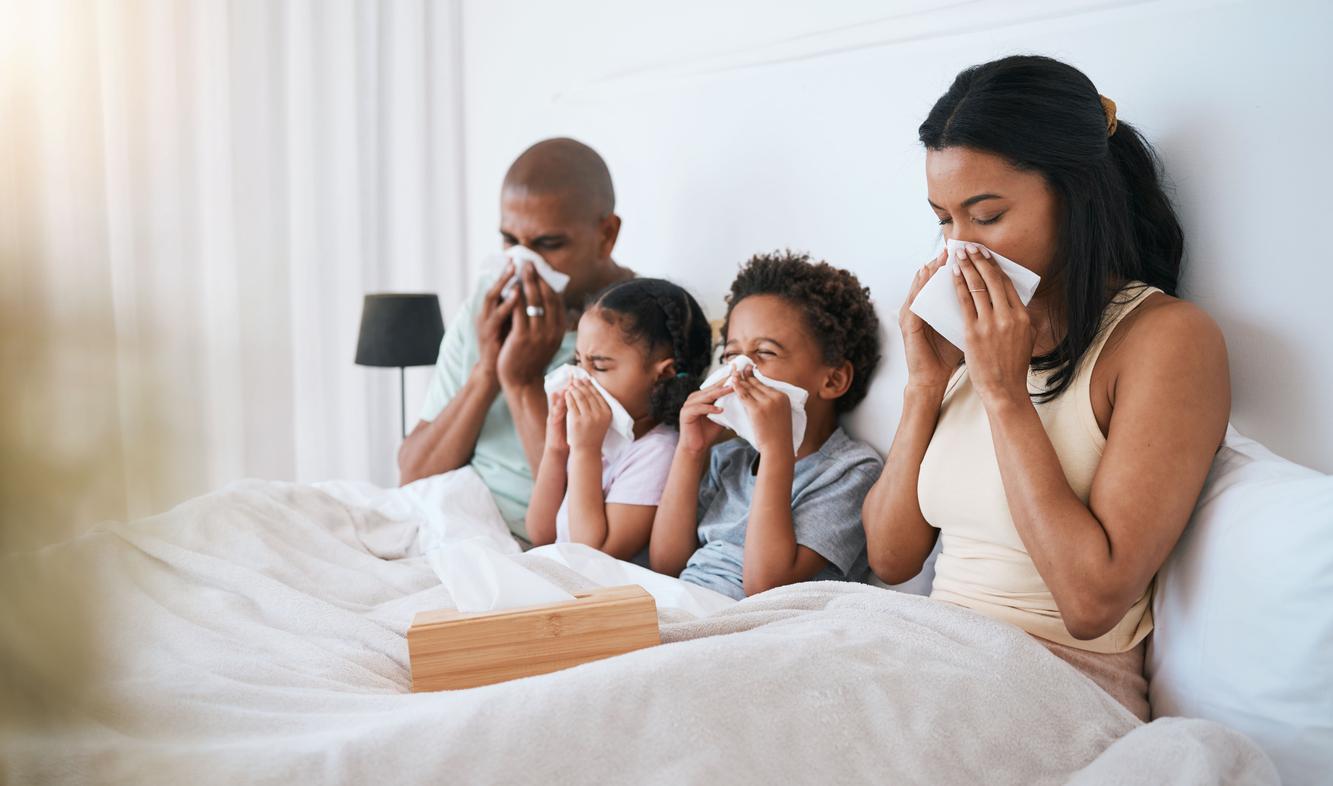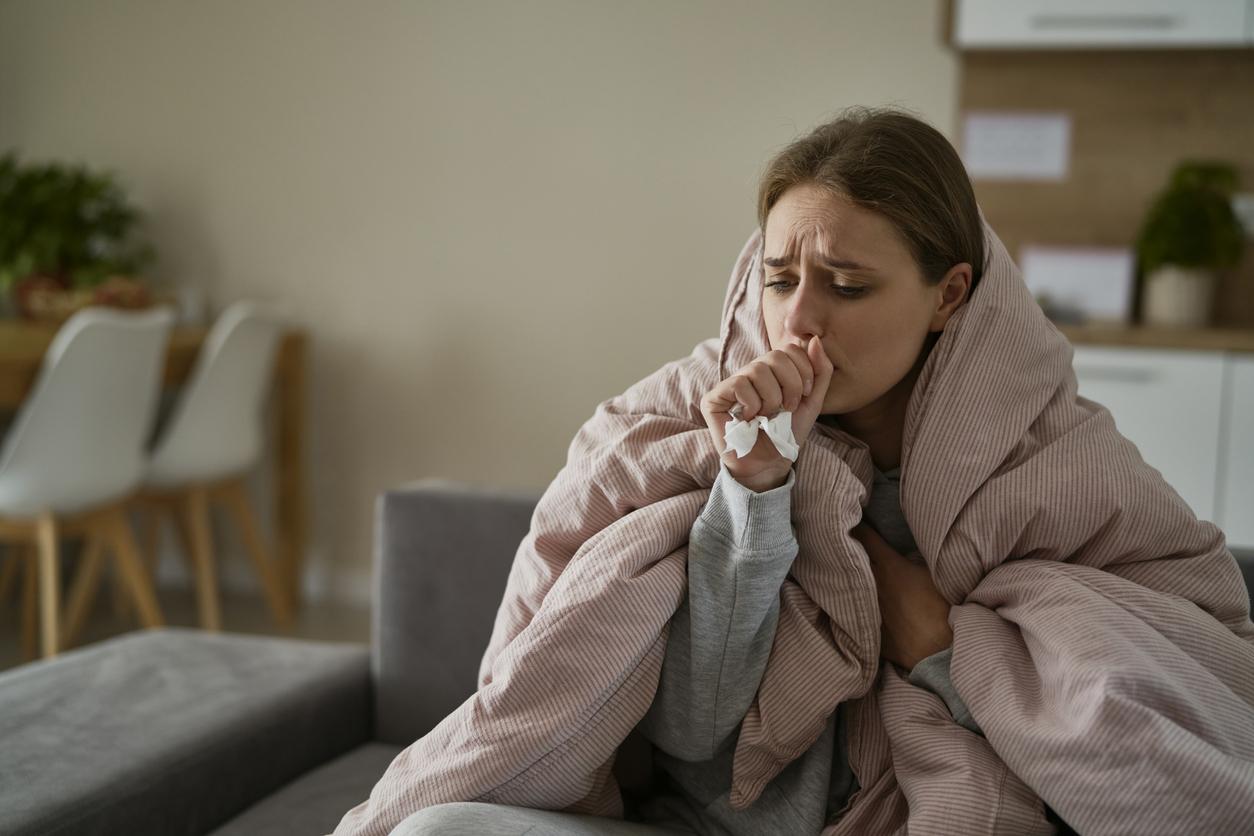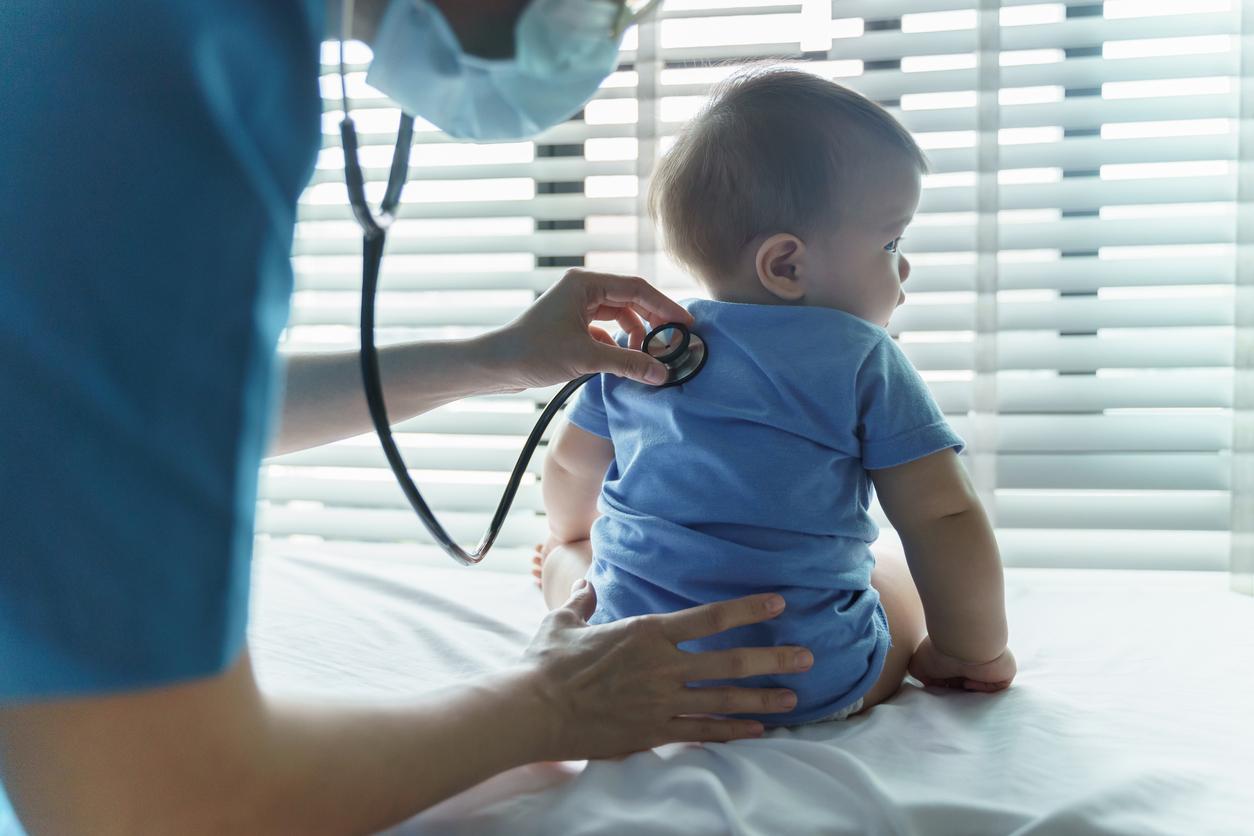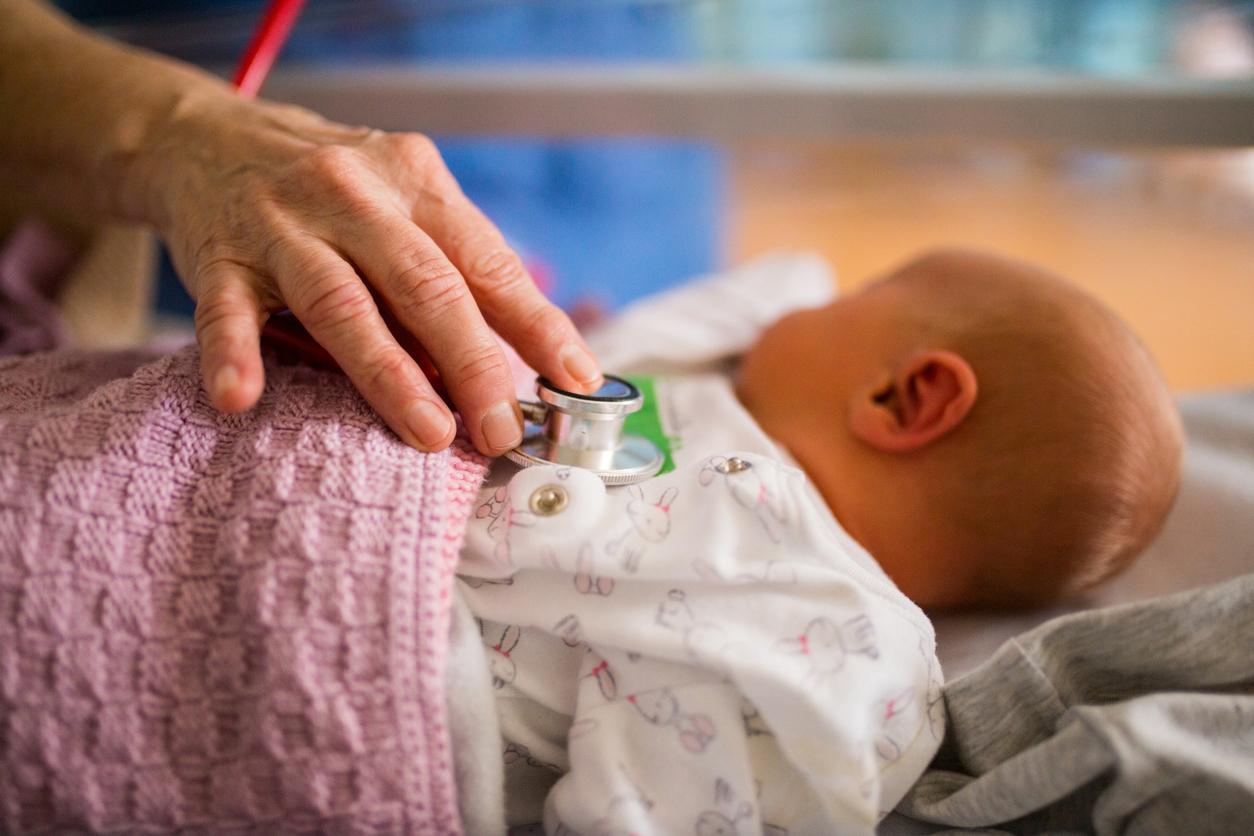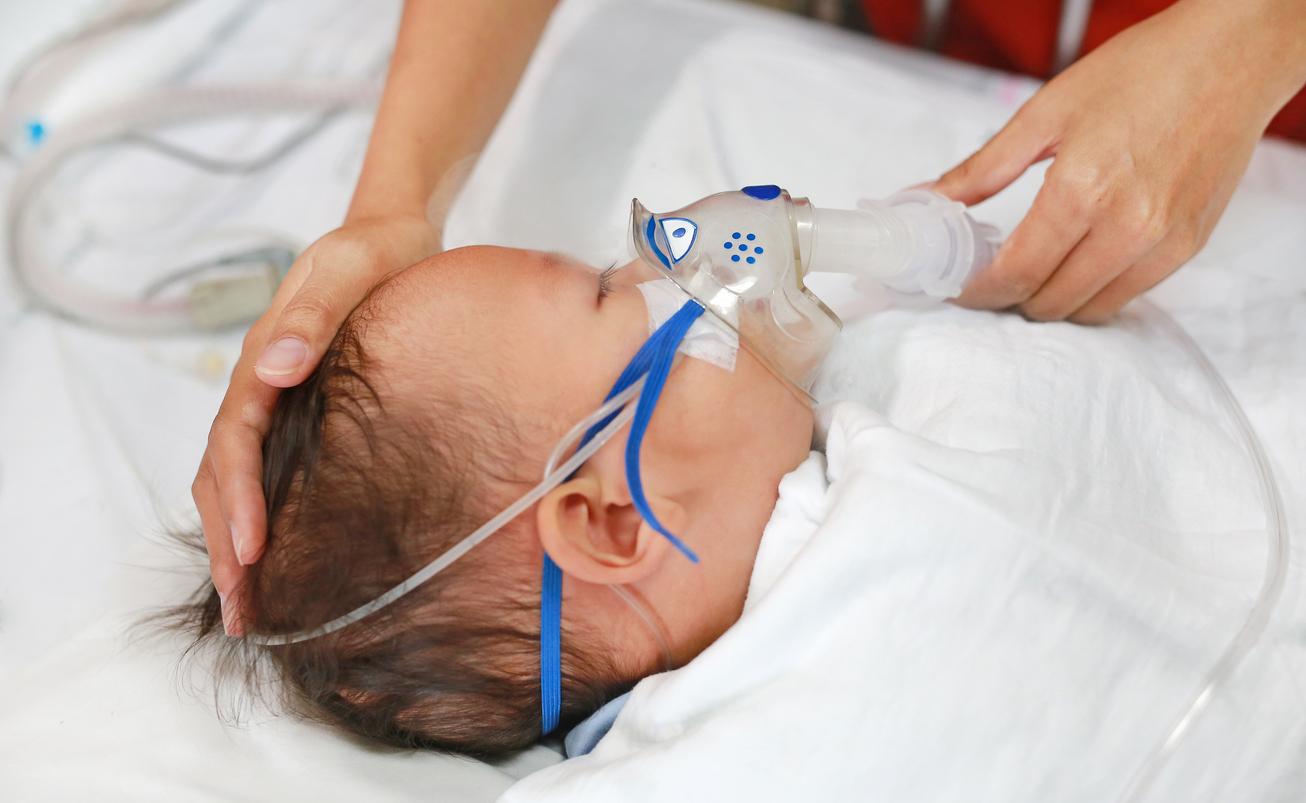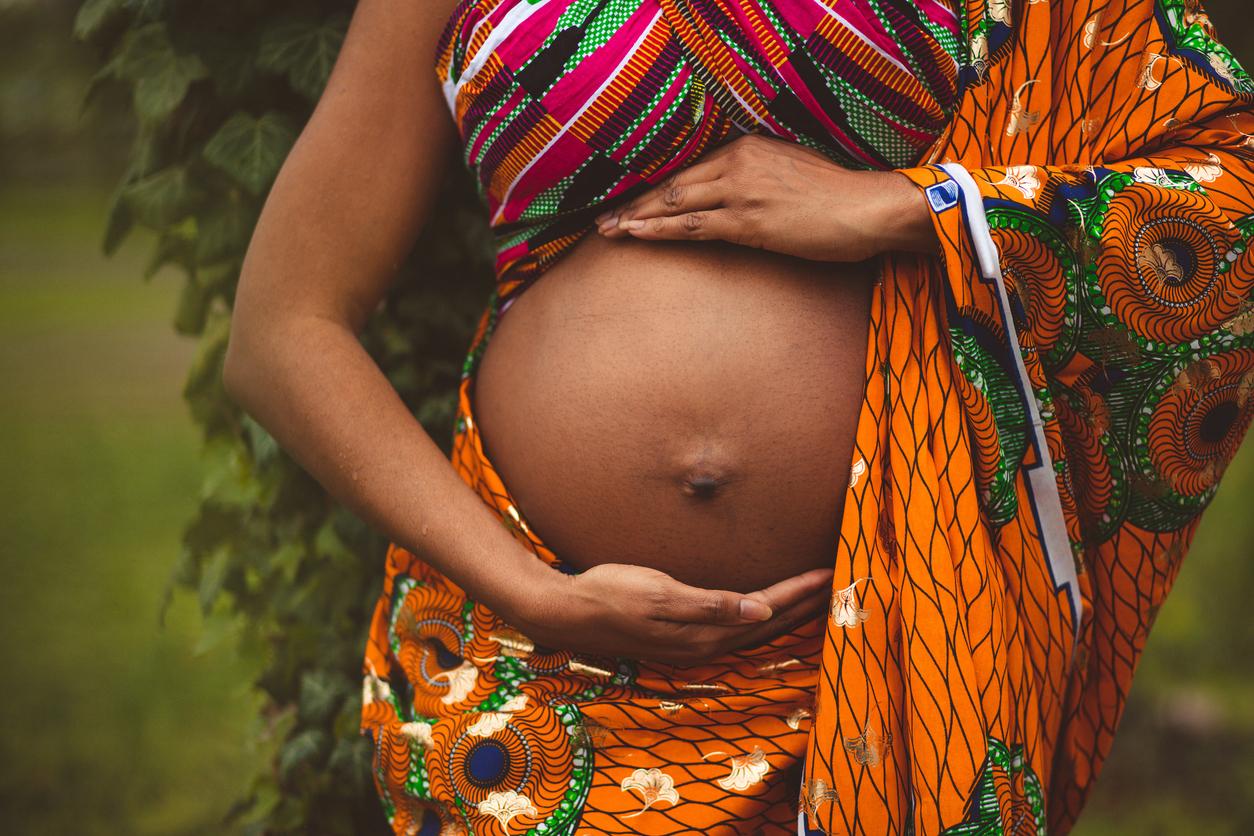The preventive immunization campaign for infants launched on September 15 has borne fruit: the administration of Beyfortus made it possible to avoid around 5,800 hospitalizations for bronchiolitis, according to a new study.
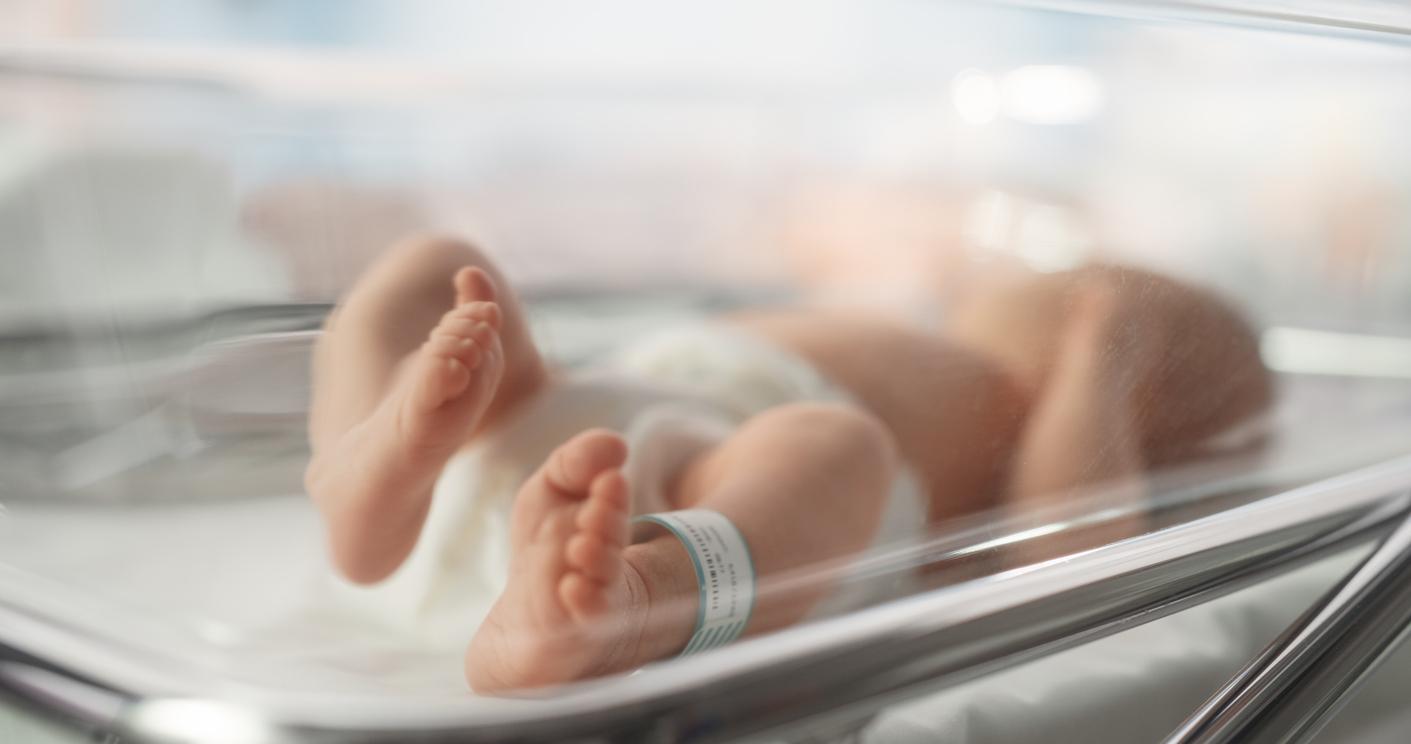
- The real-life effectiveness of Beyfortus is estimated between 76% and 81%, according to a new study.
- The researchers indicate that approximately 5,800 hospitalizations for RSV bronchiolitis after going to the emergency room were avoided between September 15, 2023 and February 4, 2024.
- On September 15, the preventive immunization campaign for infants was launched: those born after February 6, 2023 were able to benefit from Beyfortus.
Around 5,800 hospitalizations for bronchiolitis after going to the emergency room were avoided thanks to the preventive immunization campaign for infants launched at the start of the 2023 school year, according to a new study published by Public health France And the Pasteur Institute.
Beyfortus, efficiency estimated between 76% and 81%
In a communicated, the results of two studies show that the administration of Beyfortus, a preventive treatment to limit the risks of bronchiolitis in infants, was very effective during the 2023/2024 season. As part of the prevention campaign, all infants born after February 6, 2023 were able to benefit from Beyfortus.
Beyfortus is not a vaccine, according to the High Authority of Health (HAS), and its duration of protection is at least 5 months. The active substance is nirsevimab, a monoclonal antibody. This one “binds to a protein called “F protein” on the surface of the Respiratory Syncytial Virus (RSV), [principal virus responsable de la bronchiolite, ndlr], noted the European Medicines Agency (EMA). When nirsevimab binds to this protein, the virus becomes unable to enter the body’s cells, particularly those in the lungs. This helps prevent RSV infection.”
Santé Publique France and the Pasteur Institute therefore wanted to measure the effectiveness of this prevention campaign and therefore of Beyfortus. To do this, they conducted two studies. In the first, data from 288 infants, collected between September 15, 2023 and January 31, 2024, made it possible to confirm that the effectiveness “in real life of nirsevimab (Beyfortus®) [était] estimated between 76% and 81% (…) on the prevention of cases of RSV bronchiolitis admitted to intensive care.”
Less hospitalization thanks to Beyfortus
In the second study, the researchers changed their method. This time, they developed a mathematical model to evaluate the effectiveness of the treatment. Results: thanks to Beyfortus, around 5,800 hospitalizations for RSV bronchiolitis after going to the emergency room were avoided between September 15, 2023 and February 4, 2024, including 4,200 in children aged 0 to 2 months. “This corresponds to a 23% reduction in the total number of hospitalizations for RSV bronchiolitis after going to the emergency room.”, or one child in 39 treated.
“With one hospitalization for RSV bronchiolitis avoided for approximately 40 children treated, our study highlights the relevance of the administration of nirsevimab to reduce hospitalizations due to RSV, concludes Simon Cauchemez, head of the Mathematical Modeling of Infectious Diseases unit at the Pasteur Institute. The two studies use different approaches. One analyzes data in real situations in pediatric intensive care units while the other models population surveillance data; but they result in similar estimates of the effectiveness of nirsevimab. Furthermore, modeling work provides additional information, for example on the number of hospitalizations avoided. This clearly shows the interest in using these complementary approaches to evaluate the impact of public health measures.”









